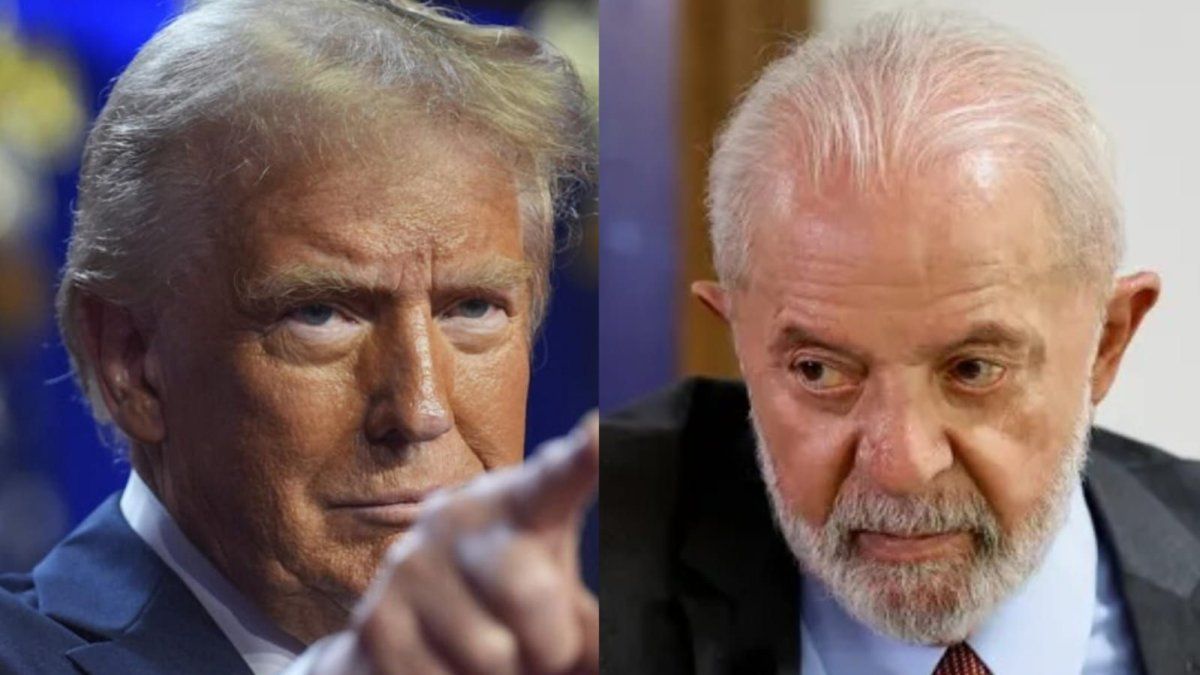What is FTX?
FTX is a trading platform that allows users to trade cryptocurrencies such as bitcoin and ether, but also far more complex financial products. The company was founded in May 2019 by two MIT graduates, Sam Bankman-Fried and Gary Wang, and as of February 2022 already had one million customers. In particular, Bankman-Fried, who appears online with his initials SBF, quickly achieved the status of a crypto guru. FTX has not only been used by private investors but also by hedge funds and other professional players.
What is Alameda Research all about?
Prior to FTX, Bankman-Fried founded Alameda Research in October 2017 to capitalize on price differentials in crypto trading between Asia and the US. These arbitrage deals grew in size. Therefore, “SBF” decided to found its own trading platform with FTX. The connection between FTX and Alameda is opaque in detail and is said to have contributed significantly to the FTX crash.
Why is FTX broke?
On the one hand, there is the suspicion that FTX is said to have embezzled customer funds amounting to ten billion US dollars. Much of it is said to have flowed to Alameda. The company is said to have taken risky financial bets. The liquidity crisis of the FTX Group was exacerbated by the loss in value of its own cryptocurrency FTT, which made up a significant part of the deposits.
What role did Binance and Changpeng “CZ” Zhao play in this?
Binance is the world’s largest crypto exchange and a competitor to FTX. In the founding phase of FTX 2019, however, Binance boss Changpeng Zhao still acted as a promoter and investor of FTX. But with the rise of FTX, the relationship between the two crypto stars “SBF” and “CZ” also cooled off. Binance returned its FTX stakes in the summer of 2021 for the equivalent of around $2 billion and also received over $500 million worth of FTT coins as part of the deal. When Binance announced it was divesting its FTT holdings just over a week ago, the FTX local currency came under heavy pressure. A little later, FTX filed for bankruptcy and Sam Bankman-Fried resigned as FTX CEO.
But didn’t “CZ” want to save FTX from bankruptcy?
On Twitter, Binance at least promised a rescue of FTX. But the takeover was called off after just one day. “The problems are beyond our ability to help,” it said with a sarcastic undertone in a tweet. Many observers believe that there was a master plan by “CZ” to hasten the sinking. Binance CEO Changpeng Zhao has firmly denied this.
Should FTX customers fear for their money?
Yes, it is possible for them to lose all deposits. The extent of the damage will depend on what assets are left. Investors are also concerned about reports that not all remaining deposits have been secured after the bankruptcy application. The company’s head of legal, Ryne Miller, said that FTX is investigating “anomalies in wallet movements related to the consolidation of FTX balances across exchanges.”
What are authorities doing?
FTX and Bankman-Fried are under scrutiny from financial regulators and law enforcement in several countries. The case is complicated because the FTX Group operates a subsidiary in the USA, but the group is incorporated in Antigua and Barbuda and has its headquarters in the Bahamas. The Royal Bahamas Police said financial investigators are working with the Bahamas Securities Commission to investigate possible criminal conduct. Bankman-Fried is reportedly still in the Bahamas.
What are the implications for cryptocurrencies like Bitcoin?
For the crypto market, the events surrounding FTX are a shock. Although investors are used to all sorts of scandals, the FTX crash hit the market in a delicate phase: Interest rates have been rising worldwide for some time because central banks are taking action to combat high inflation. Some central banks are also beginning to pull money created during the crisis out of the markets. Rising interest rates and falling liquidity are particularly damaging to risky financial assets, which include digital currencies. Accordingly, Bitcoin, Ether and other crypto assets have come under further pressure from the FTX crisis. Bitcoin alone has recently lost almost a quarter of its value to around $16,000. At the beginning of the week he was able to recover a little.
What consequences could the FTX bankruptcy have for crypto regulation?
Basically, every financial scandal fuels calls for more regulation. Authorities such as the German Bafin and the major central banks have long advocated this. On Monday, for example, the head of the Japanese central bank, Haruhiko Kuroda, spoke out in favor of stricter regulation. However, the way there is rocky, as a study by the International Monetary Fund (IMF) shows: According to this, the crypto industry is not just a particularly fast-developing area. The data situation for stringent regulation is also patchy, the relevant market participants are extremely numerous, write Aditya Narain and Marina Moretti from the IMF. National efforts are also very different, and global crypto regulation is correspondingly fragmented.
Source: Nachrichten




